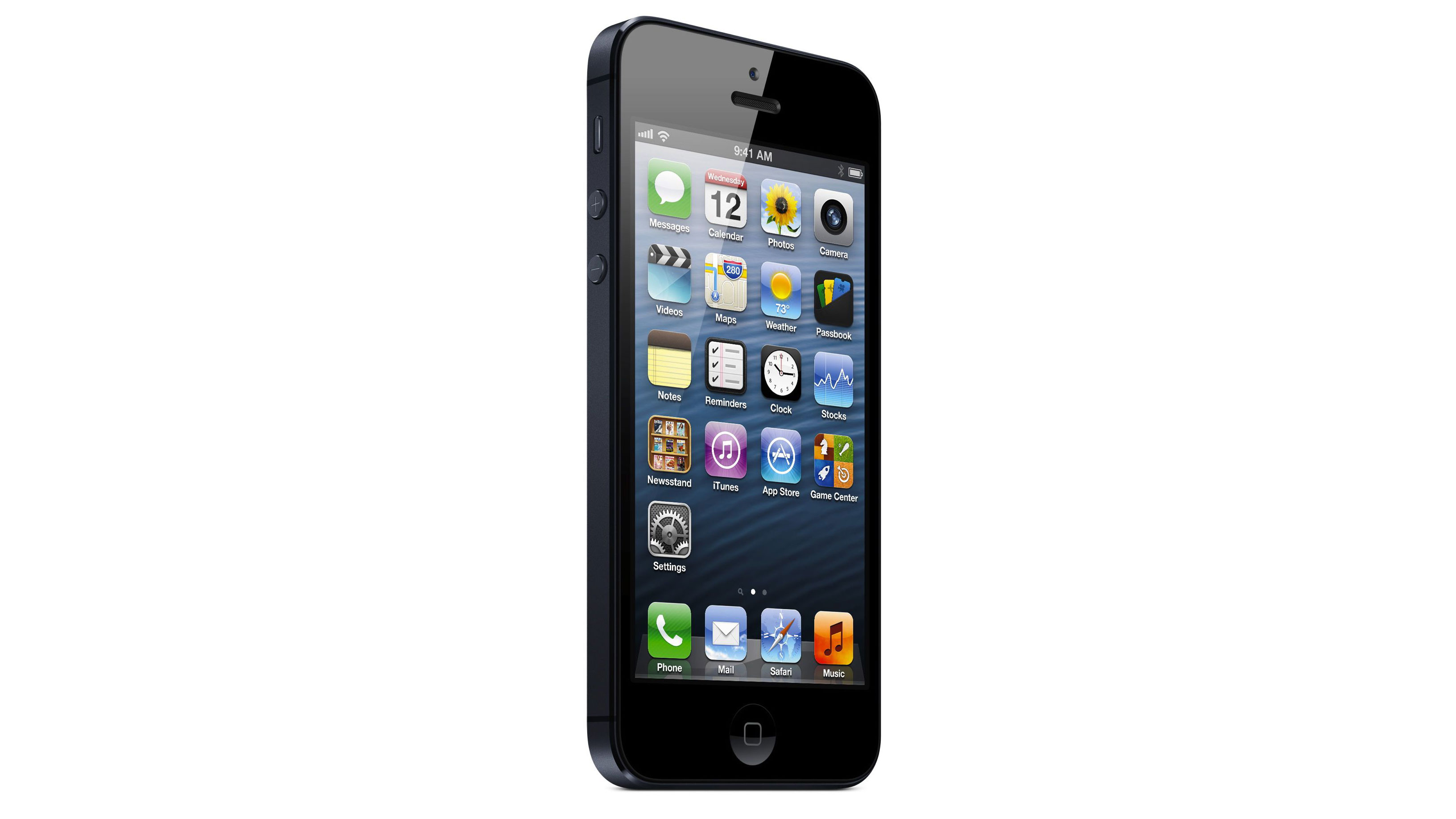Apple loses iPhone trademark in Mexico, can still sell iPhones
Class warfare

In 2009, Apple filed a suit against Mexican communications company iFone for the rights to the similar sounding iPhone trademark.
iFone had been granted the trademark to its name in 2003, a full four years before Apple attempted to gain the iPhone trademark in Mexico ahead of the first iPhone's launch.
Last week, a Mexican court denied Apple's appeal, granting iFone a small victory which resulted in the communications company filing a countersuit for damages.
While it first appeared as if the ruling would result in the ban of all sales for iPhone-branded products, a deeper investigation into the matters proved otherwise.
Though Apple and iFone are still in the middle of court proceedings, the launch of the the iPhone 5 in Mexico will apparently go off without a hitch Saturday.
Class is in session
Trademarks are filed in classes, meaning multiple companies can have the same word trademarked as long as the specifications are different.
As The Verge reported, Apple holds iPhone trademarks in Mexico under Class 9 and Class 28, which covers electronic gaming devices.
Get daily insight, inspiration and deals in your inbox
Sign up for breaking news, reviews, opinion, top tech deals, and more.
iFone, however, has its trademark under Class 38, which covers telecommunication services.
The dispute came about when Apple attempted to go after iFone's Class 38 trademark, which the Cupertino company's lawyers believed iFone was not actively using.
Since Apple wants to protect the iPhone brand, it made sense for the company to try to wrangle as many possible trademarks for the name as possible.
However, the Mexican court saw things in iFone's favor, and opened the door for the communications company to countersue.
TechRadar reached out to Butzel Long's Bill Panagos for a legal perspective on the events.
"What happened was iFone had the trademark in Class 38. Apple didn't see any commercial activity on the trademark," Pangos explained.
"In countries like Mexico, if you don't use the trademark for a certain period it's subject to a cancellation proceeding."
"I've done this with my own clients. I'll file the application, and get a trademark in the two classes that I know I can get it in, and I'll watch the use in the third class.
"When the statutory period comes up, and there's no evidence of use, you file a cancellation proceeding, and try to cancel that mark. When you do that, you get to file your application into that class."
"I think that's what happened here, and the iFone showed that it was using the trademark. At that point, the mark becomes unassailable. It's valid, and Apple would be found to infringe that for selling iPhones."
Much ado about nothing?
Apple is no stranger to trademark infringement suits involving the iPhone name.
In 2007, Cisco Systems and Apple became embroiled in a court battle over the iPhone brand, as Cisco had been selling internet phones dubbed iPhone since 2006.
Both companies eventually came to a settlement, which may be where the new case between Apple and iFone is headed.
iFone is apparently seeking upwards of 40 percent of all iPhone sales in Mexico, and could attempt to block all sales of the iPhone 5 entirely.
Panagos again offered his interpretation on the events, saying, "iFone is going to have to show that goodwill was harmed, and that the quality of the iFone name was damaged by iPhone, and that the iPhone sales were trading on the iFone name. That's a very difficult thing to do."
"I do believe there will be a settlement," Panagos speculated.
"My bet is Apple will just find some way to buy them out, or get a license. Either of those options would allow iPhone to be used for telecommunications, and not have the problem of trademark infringement."